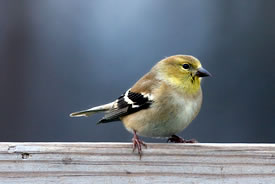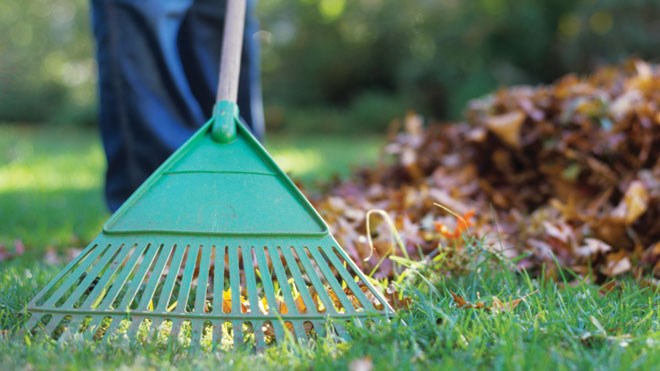If you, like most people, hate raking those fallen leaves on your lawn, you now have an excuse for putting it off.
Turns out they are extremely valuable.
According to Samantha Knight, program manager for the Weston Family Science program at the Nature Conservancy of Canada, property owners who haven’t raked and bagged their leaves already can avoid back-breaking yard work by leaving a layer or two of leaves on the ground.
This small act of conservation can make a big difference for native pollinators, birds, and other backyard wildlife.
Many animals, such as toads, frogs and some moths and butterflies, have adapted to hibernate in the leaf litter. The leaves provide an insulating blanket, which can help protect these animals from the cold and temperature fluctuations during the winter according to the Nature Conservancy.
Many species of insects also need plants stalks or dead branches for hibernation. By completely cleaning up our gardens and yards, you may be removing important wintering habitats for native wildlife in our communities.

American goldfinch (Photo by Bill Hubick)
Migratory and resident birds will also be thankful. Fruits and seeds that remain on flowers and shrubs are a crucial food source and sustain many songbirds, such as goldfinches, jays and chickadees. Insects overwintering in our yards also provides an important food source for birds. Providing food and habitats for our native birds and insects is just as important during the fall and winter as the spring and summer.
Another benefit of not raking your leaves is soil improvement. As leaves break down, they transform into a natural mulch, which helps enrich the soil and suppress weeds. Thick piles of leaves can impact the growth of grass and other plants come spring, but leaving a light covering can improve the health of gardens and lawns.
This spring the Conservancy promoted "No Mow May" as a way to protect the environment for animals and insects.
By letting flowers bloom on your lawn, including dandelions, you can provide an important source of nectar and pollen for wild bees, butterflies and other pollinating insects. It advocated not mowing your lawn in early spring.
See: Hey wait! Don't cut your lawn just yet, it's No Mow May
